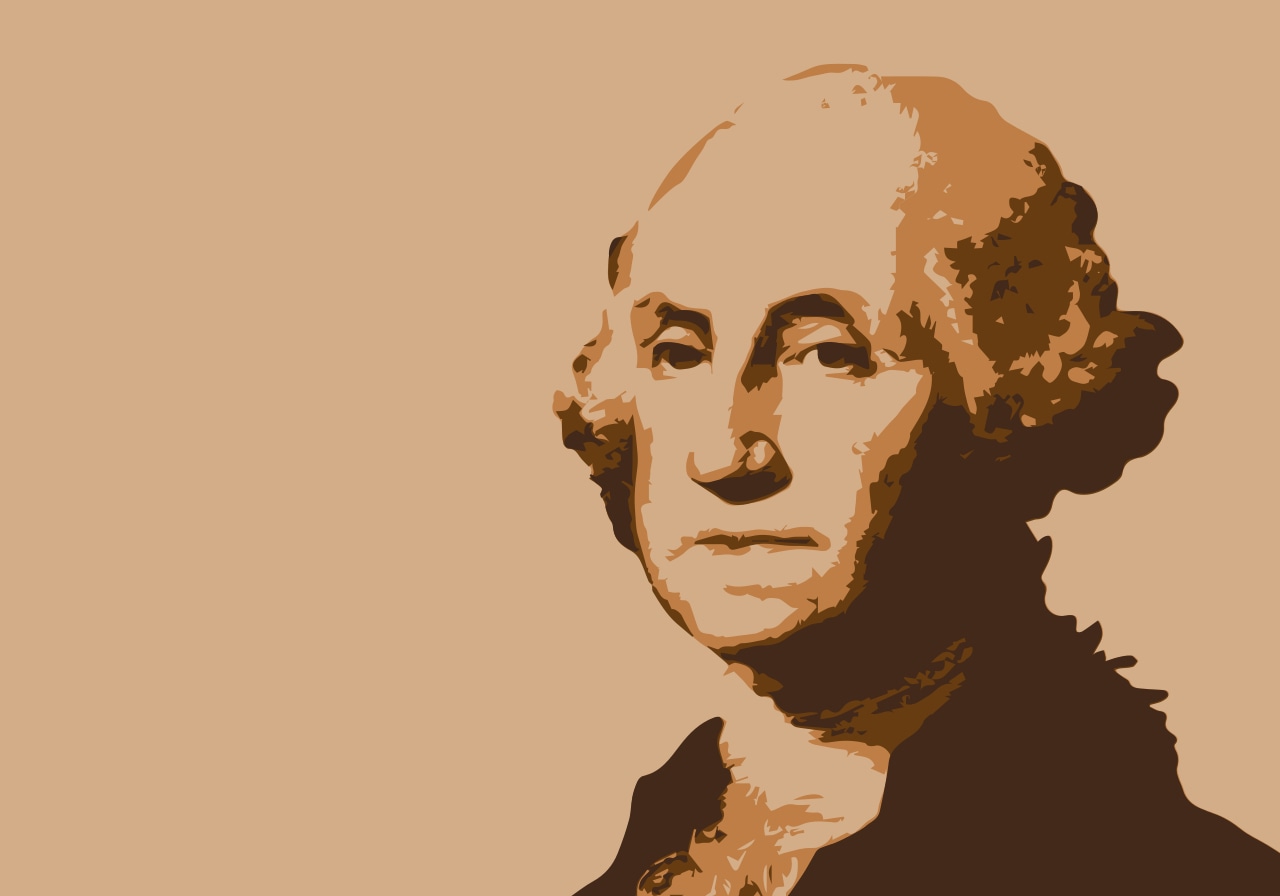Finally, let’s give America’s first president his due in the world of innovation.
Ryan Allis at Hive, a global community of entrepreneurs, innovators, and investors, published a list a few years ago titled “The 12 Greatest Innovators of All Time.” On it are the usual suspects, such as Thomas Edison, Benjamin Franklin, Alexander Graham Bell, Marie Curie, and in the modern era, Steve Jobs and Bill Gates. And, to be sure, all deserve the accolade. But the list has a glaring omission: George Washington.
Innovation doesn’t just apply to electricity, computing, or other technical solutions. It applies to all aspects of our lives. Consider the one innovation that the United States is best known for the world around. It is not a product per se, but a radical new way to approach, organize, and govern society: representative democracy.
Invention vs. innovation
Washington didn’t invent representative democracy. It was the group of men who met in Philadelphia in the summer of 1776 and first drafted the Declaration of Independence, and then again in the summer of 1787, when they wrote the Constitution, who turned ideas that were forged centuries earlier by the Greeks and Romans, and later, in the Magna Carta from England, into a world-shattering system of government. It was people like Franklin, Thomas Jefferson, James Madison, John Adams, and Alexander Hamilton who worked together to craft the documents that not only spurred the nation into independence, but also created an all-new kind of government run by the people, for the people. It was a marvelous invention—and it all could have shriveled away if not for Washington.
There are inventions created every day that never turn into an innovation. Creating something new is relatively easy; making it relevant is what defines innovation—and an innovator. And that’s where leadership comes in.
Many of the most famous innovators took another person’s idea and made it valuable. Think about Jobs and the first Apple Macintosh computer. The mouse and the graphical user interface (GUI) were invented in the labs at Xerox Park. But it was Jobs who took those ideas and made them relevant. He showed people how personal computing could vastly improve their lives and “change the world forever.”
Innovation and leadership
Washington led the revolutionary forces to victory over the British during the war, after which he quickly retreated to his home at Mount Vernon. He figured his duty to the nation was done. But the other members of the first Continental Congress recognized that they needed Washington to serve in the role as the country’s first president: He, and he alone, was the one who could shoulder the burden of leading the fledgling nation in its earliest steps. So when the members of the Electoral College nominated Washington for the role—and voted unanimously for him—he reluctantly mounted his horse and rode to serve his country once again.
It’s important to remember how extraordinarily popular Washington was at the time. Some politicians even tried to make his ascension to the presidency permanent; they wanted to make him a king—an “American Caesar.” But Washington wasn’t interested. He knew that was the very idea that they had fought against. And while he reluctantly served a second term in office to try and keep the nation together, he did step down after serving for eight years as president—setting a precedent that other presidents would follow for another seventy-five years.
While we might not realize it, when Washington ceded the presidency to his successor, John Adams, he changed the course of history. A peaceable transfer of power from one leader to the next had occurred—something that, at the time, didn’t happen in other countries around the world. Even King George III of England, upon hearing the news that Washington was abdicating the presidency, said: “If he does that, he will be the greatest man in the world.”
The supreme example
There’s no doubt that Washington could have remained in power. But by voluntarily giving up his role, he led the way in preserving the innovative and still fragile system of government the founders had created that would last for two-and-a-half centuries—and counting. It was his leadership that made this invention a reality and changed the world.
Joseph Ellis, a renowned American historian and Pulitzer Prize-winning author, writes about Washington: “He became the supreme example of the leader who could be trusted with power because he was ready to give it up.”
Today, Washington still embodies leadership. And that, among other things, is what defines a great innovator.
**Originally published at Forbes


